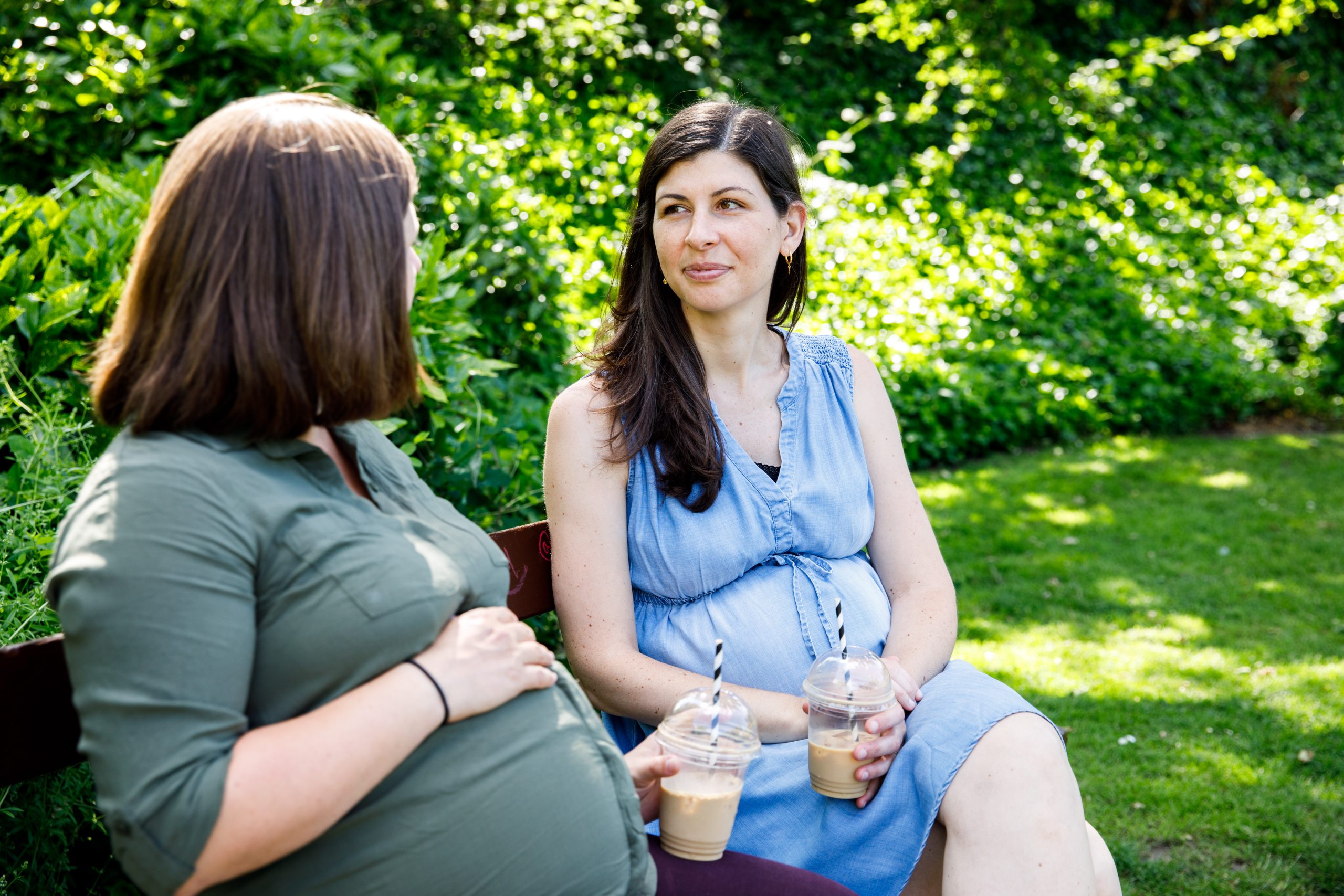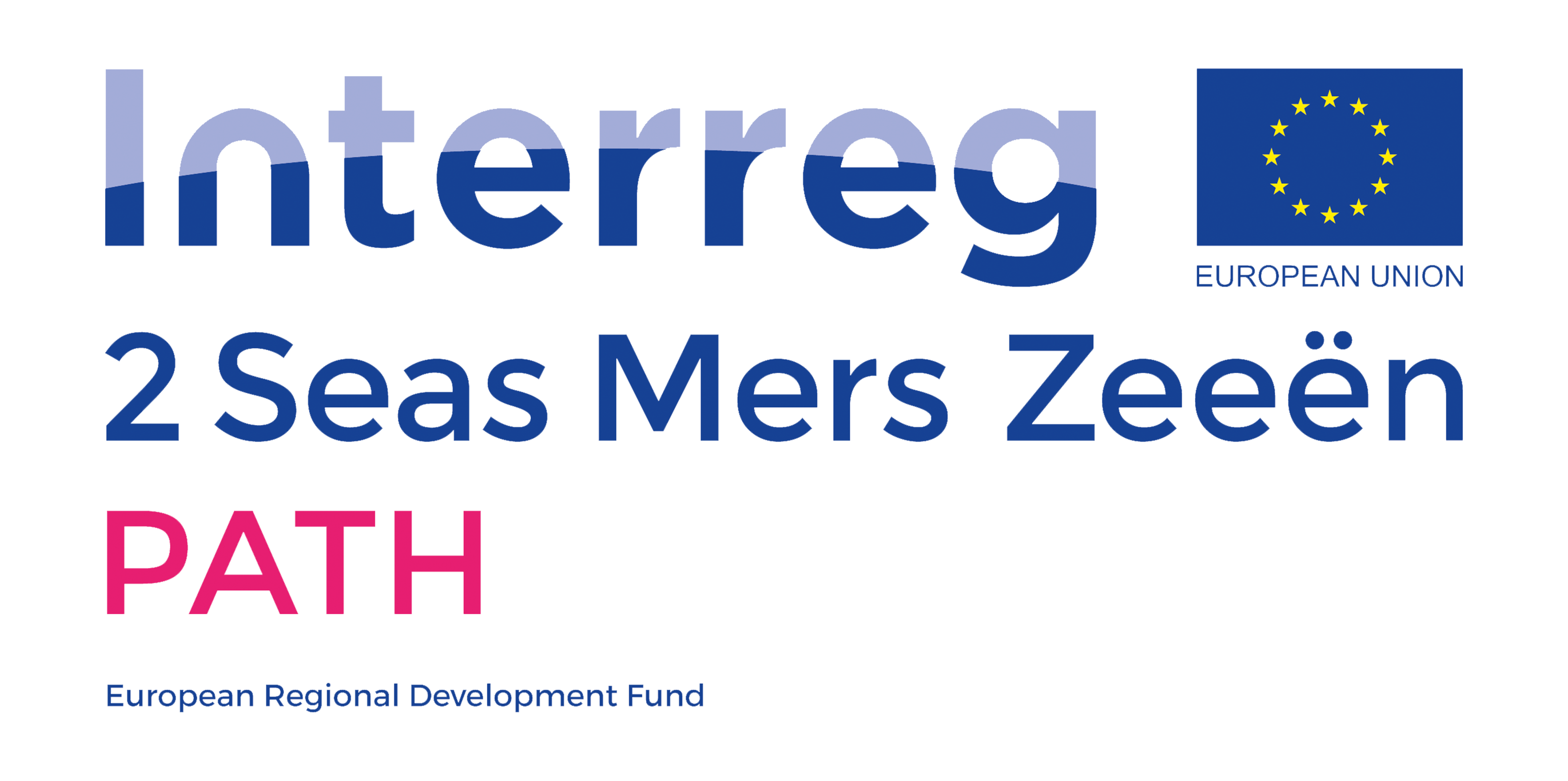Why becoming a mum feels like being teenager all over again

How do you remember your teenage years? It might seem a strange question to ask when preparing to become a parent.
However, the more you think about it, the more similarities there are between pregnancy and the transition into adulthood.
In both cases your body starts to physically change, hormones change, and you may start to experience mood swings.
People around you might say that this is all normal, but change can take some getting used to!
What does matrescence mean?
In 1973 the anthropologist Dana Raphael came up with the phrase “matrescence” to describe the process of becoming a mother.
This word is made from the words “matre”, which means “mother” in Latin, and “adolescence”.
Dana highlighted that:
This is like the adjustments we face as teenagers.
Identity
Becoming a parent changes our identity. Some people feel they can step into the role straight away, but for a lot of people, it can take some time for “the shoe to fit” or to feel comfortable with new label “mum.”
It is important to remember that while this identity of “mother” marks a new chapter in our lives, it does not replace our identity.
“Mother” is now another identity we have, in addition to many others, such as “daughter”, “sister”, “friend”, “teacher” or “colleague”.
Since each pregnancy is different, we may feel a change in who we are each time we have a child. Whether this is our first child or our sixth. The word matrescence also recognises the change in identity experienced when becoming a mother through surrogacy or adoption.
Whilst the new identity of “mother” does not replace our old identity, there may be parts of our identity that we miss.
For example, we might miss feeling independent. If we are on maternity leave from a job, we might miss our “work identity”. It is easy to feel guilty about missing our old life or even resentful towards our new role at times.
Missing your old life is okay. It does not make you a bad mum, and a lot of other parents experience this too.
Acknowledge your feelings
It is helpful to acknowledge the awkwardness and grief we might feel.
Giving ourselves permission to have these feelings helps us to also accept the reality our current role, which will continue to change as time goes on.
As Dr Sacks says, “You have to first acknowledge the feelings of loss when you let go of one way of living to begin another”.
Manage expectations
So much advice is given to us during our pregnancy (whether asked for or otherwise), but we have very few conversations about this change in our identity. A lot of the advice given is often focused on the baby.
We have fewer conversations about our own adjustment to the role of being a parent. Our expectations of how to be a parent will be different, depending on our own parents, our relationships to them, as well as the cultural expectations around us.
Do you have friends who already have children, or perhaps most people you know don’t have young children? On your social media do you see posts of your friend’s children having a meltdown because they can’t have ice cream for breakfast? Or are all the posts you see highlights of perfectly behaved babies?
This can all add to our idea of what parenthood should look like. Do we have fair expectations for ourselves as parents? Or are we expecting a constant level of perfection that is impossible to reach?
Getting support
If you are finding the transition into parenthood more difficult than you expected, then name what is upsetting you. You could talk about it with a friend, your midwife, health visitor or GP.
Acknowledge your distress and take the time to accept your feelings. When you’re ready, make a plan for how to adapt to this new chapter in your life. This could include things like finding out about your Keeping In Touch days at work, or phoning a friend to plan when they can visit.
“Therapy does not work by having big ideas. It just takes time to live through the change.” – Dr Sacks.
So, give yourself some slack. We know that adolescence can be a bumpy journey. Most of us needed some kind of support as teenagers, whether it was a wise teacher, a reassuring parent, or a friend’s sense of humour to help us not take things too seriously. Likewise, being a parent is a role you grow into.
Further information
The Motherhood Sessions podcast with Dr Alexandra Sacks
A new way to think about the transition to motherhood. A TED Talk by Dr Alexandra Sacks
